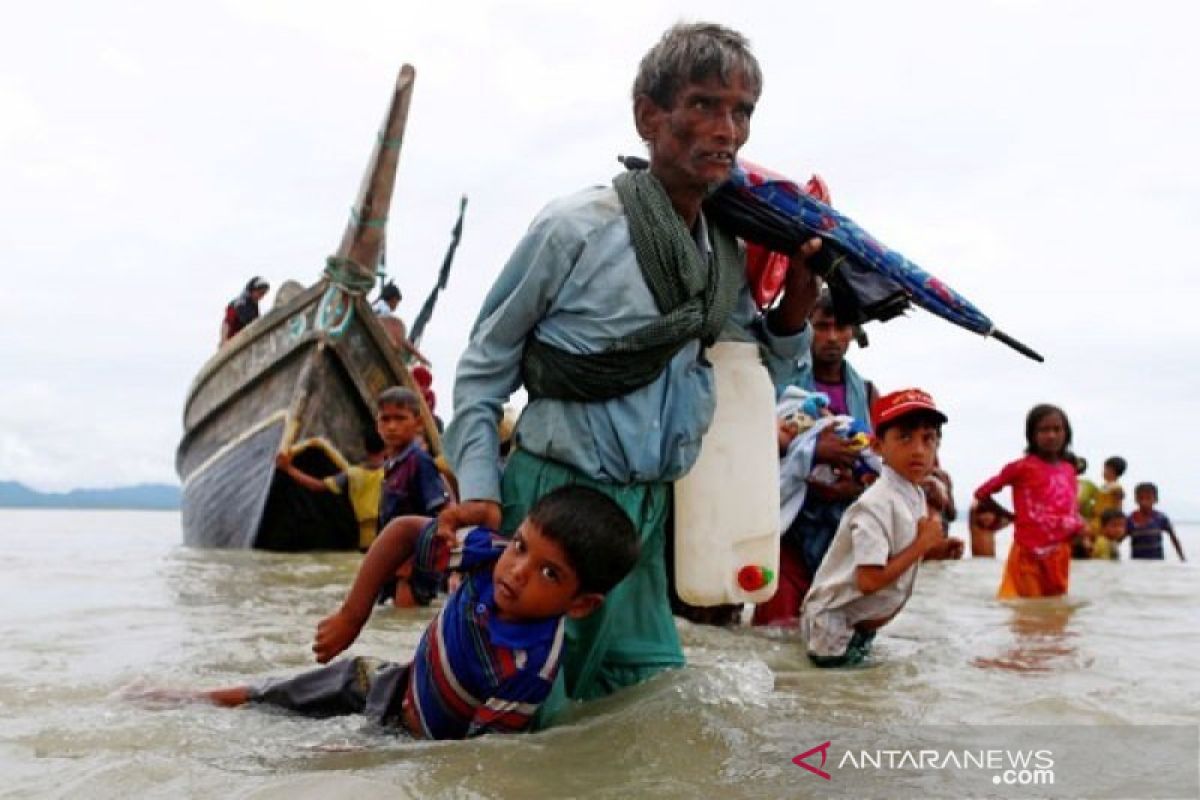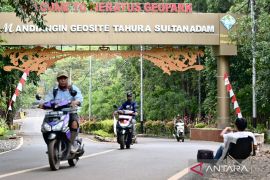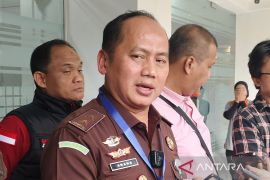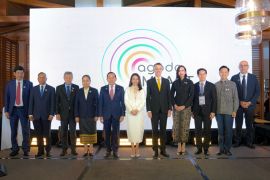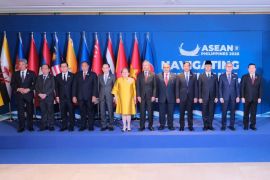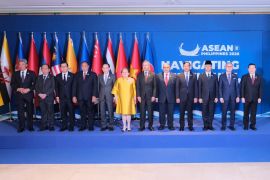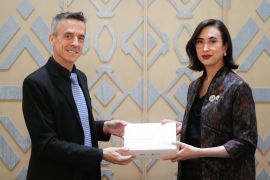On April 16, 2020, the Malaysian navy had intercepted a boat, carrying aboard some 200 Rohingya refugees, off the coast of Malaysia and prevented it from entering the Malaysian waters.
Bangladeshi coast guards had earlier intercepted another boatload of refugees that, the survivors averred, had been turned away from the Malaysian waters almost two months earlier. A total of 382 starving Rohingya refugees were taken off the boat, and survivors reported that at least 30 people onboard had died before the rescue.
Following those incidents and fueled by misinformation, fake news, and provocations, the rising hostility towards refugees in Malaysia surfaced through several anti-Rohingya petitions and hate speeches on social media.
“The COVID-19 pandemic does not create a justification for risking the lives of refugees on overcrowded boats,” the Human Rights Watch (HRW) stated while expressing its concern.
“Malaysia’s claims to support the rights of Rohingya mean shockingly little when they push desperate refugees back to sea,” Phil Robertson, the deputy director of HRW’s Asia division, affirmed.
In Indonesia, Aceh’s waters and air police currently intensified patrolling to stop some 500 Rohingya refugees aboard two boats, reportedly sailing nearby while en route to Malaysia, from making transits on Aceh soil.
"(They) should not be allowed to land. If they need relief aid, we will give them. However, they must continue to sail to their destination,” Senior Commissioner Jemmy Rosdiantoro, director of the Aceh Water and Air Police, informed the press on May 14, 2020.
Responding to information from the Indonesian Water and Air Police, Amnesty International Indonesia and Risalah Jakarta Forum urged the Indonesian government to not refuse and push back boats of the refugees seeking safety.
“It is necessary for authorities in the country to allow all boats carrying refugees to safely disembark and avert a humanitarian crisis. We laud Indonesia’s past leadership when the authorities had allowed Rohingya people to land in May 2015. This sort of effort should be continued,” Usman Hamid, the executive director of Amnesty International Indonesia, stated on May 15, 2020.
The COVID-19 pandemic situation should not overshadow humanity as human beings. On the contrary, by applying proper and humane quarantine procedures, Rohingyas should be saved from the epidemic and from their misery, Usman emphasized.
Moreover, on humanitarian grounds, it is only right to offer assistance to Rohingya refugees displaced from their homes, according to Alissa Wahid, a member of the Risalah Jakarta Forum.
“These people belong to the category of ‘persons in distress’ in international law. Hence, the Government of Indonesia ought to rescue them,” she pointed out.
Reverend Weinata Sairin, another member of the Risalah Jakarta Forum, stated that the Government of Indonesia must respect the international legal principle of non-refoulement that prohibits countries from refusing or expelling people to a place where their lives or freedoms are at serious risk.
Haidar Bagir, also a member of the forum, called on Indonesia to encourage regional collaboration and cooperation in the search and rescue of Rohingya men, women, and children.
“Hence, we urge the Government of Indonesia to revive solidarity in the region, not only to condemn the Myanmar authorities’ oppression of the Rohingya but also allow those whose lives are currently at risk at sea to disembark safely in Indonesia,” he emphasized.
In accordance with Article 98 (2) of the United Nations Convention on the Law of the Sea (UNCLOS), coastal states, including Indonesia, should conduct adequate and effective search and rescue (SAR) operations in connection with rendering assistance for safety at sea.
Moreover, Indonesia and other ASEAN member states are bound by the Charter of the Association of Southeast Asian Nations (ASEAN Charter), particularly Article 1, which encompasses the duty to promote and protect human rights and fundamental freedoms.
Rohingya people, mostly living in Rahine State, the western coast of Myanmar, are the most prosecuted minority in the world, as they are unwanted and not recognized by the government and people of Buddhist-majority Myanmar.
A report released by the United Nations-appointed investigators in August 2018, underlined the horrific and organized nature of the brutality meted out to civilians in Myanmar's Rakhine State since 2011, as well as the states of Kachin and Shan. Myanmar has denied most of the allegations in the report.
The genocide in Rakhine State is a disgrace to the ASEAN, as it occurred in its own yard, specifically Myanmar, one of the 10 member countries of the ASEAN: Indonesia, Malaysia, Singapore, Thailand, the Philippines, Brunei Darussalam, Vietnam, Cambodia, Laos, and Myanmar.
Hundreds of thousands of Rohingyas have been displaced. Rohingya have undertaken perilous voyages to Malaysia, Thailand, and Indonesia for years, fleeing persecution in Myanmar and poverty in refugee camps in Bangladesh.
During a virtual news conference recently, Saad Hammadi, campaigner of the South Asia Regional Office of Amnesty International, urged Indonesia and Australia, which chair an anti-people smuggling and trafficking forum known as the Bali Process, to ensure the refugees are allowed to land safely “so that we don’t see the sea become an invisible graveyard.”
Dominique Virgil, a researcher at Amnesty International Indonesia, called on Indonesia to continue to play a leading role in the ASEAN to help solve the Rohingya refugee problem.
Indonesia’s leading role is mirrored in Presidential Regulation No. 125 of 2016 on the government’s commitment to providing accommodation for refugees stranded at sea, she stated.
"Rohingyas are part of the ASEAN. Hence, neglecting them means neglecting the ASEAN community itself,” Virgil emphasized.
The Association of Southeast Asian Nations (ASEAN) has been actively building the so-called ASEAN community living in harmony and diversity. In May 2012, the grouping issued a declaration of ASEAN Concord II (Bali Concord II) which, among other things, vowed to “continue to foster a community of caring societies and promote a common regional identity”.
The COVID-19 pandemic is a litmus test for the ASEAN to truly discern whether their slogan of “a community of caring societies” will be applicable also to Rohingya people that are part of the ASEAN community or it is a mere slogan on paper.
Related news: All states should help rescue Rohingya refugees amid COVID-19 crisis
Related news: AICHR Indonesia concerned over reports of Malaysia refusing Rohingya
EDITED BY INE
Editor: Suharto
Copyright © ANTARA 2020
